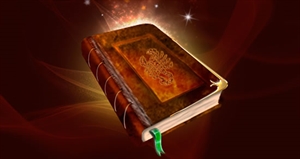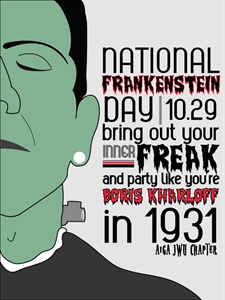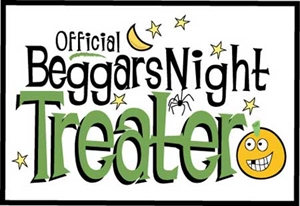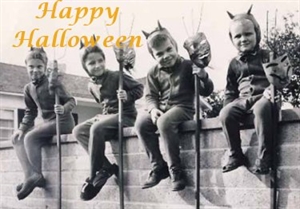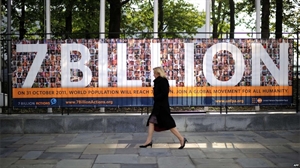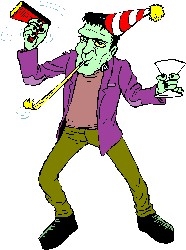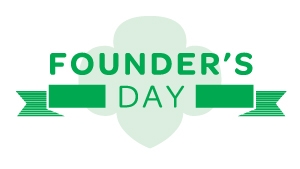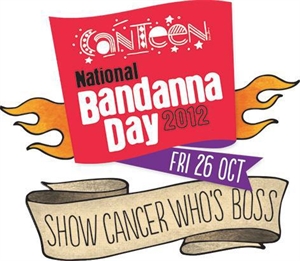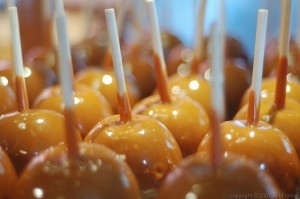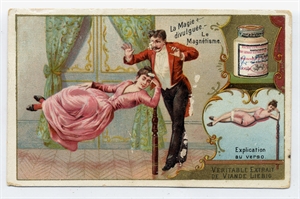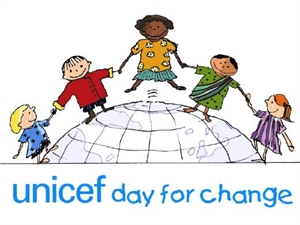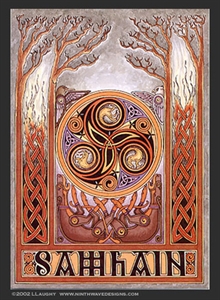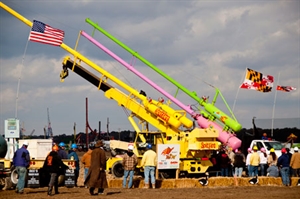Halloween or All Hallows Eve 2024 is on Thursday, October 31, 2024: When Was All Hallows Eve (Halloween) First Celebrated?
Thursday, October 31, 2024 is Halloween or All Hallows Eve 2024. Wallpaper Roundup: All Hallow's Eve and Spooky Scenes Happy Halloween by
As an Amazon Associate I earn from qualifying purchases.
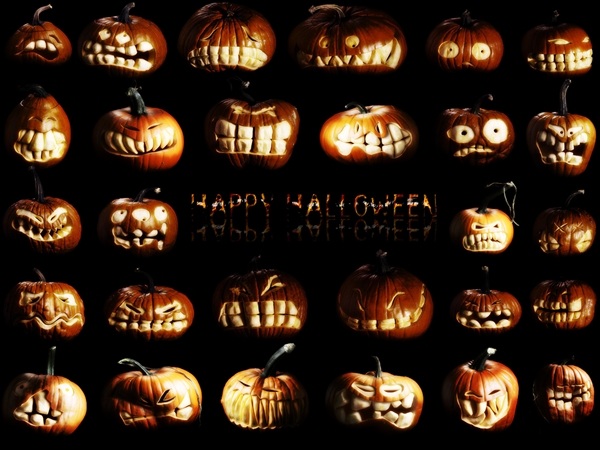
Halloween has origins in the ancient Celtic festival known as Samhain (Irish pronunciation: [ˈsˠaunʲ]; from the Old Irish samain, apparently derived from Gaulish samonios).[5] The festival of Samhain is a celebration of the end of the harvest season in Gaelic culture, and is sometimes[6] regarded as the "Celtic New Year".[7] Traditionally, the festival was a time used by the ancient Celtic pagans to take stock of supplies and slaughter livestock for winter stores. The ancient Celts believed that on October 31, now known as Halloween, the boundary between the living and the deceased dissolved, and the dead become dangerous for the living by causing problems such as sickness or damaged crops. The festivals would frequently involve bonfires, into which the bones of slaughtered livestock were thrown. Costumes and masks were also worn at the festivals in an attempt to copy the evil spirits or placate them.[8][9]
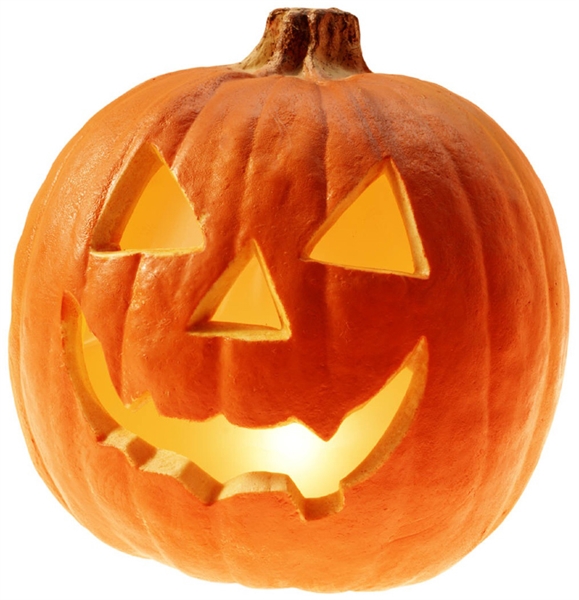
Where did halloween come from?
The word "Halloween" is a contraction of "All Hallows Eve", which is another way to say "All Saints Eve". It is the night before All Saints Day, which is a Christian holiday to honor the saints. All Souls Day, November 2nd, is a day to honor and pray for all the Christian dead, and it is usually combined with All Saints into a single celebration. These holidays began with the Roman Catholic Church. A feast for the martyrs was established in the 7th century and was observed on May 13th, but was replaced in the 8th century with the Feast of All Saints, observed on November 1st. (The extent to which pre-Christian Roman celebrations, like Lemuria or Parentalia, influenced the Christian holidays is questionable.)
In Ireland, All Saints Day merged with the pre-Christian celebration known as Samhain to form Halloween. According to the Medieval records and stories, which were recorded by Christian scribes since the Celts left no written records about the subject: Samhain was a day when a great feast was held, heroes performed feats of bravery, the future was divined, and beings from the otherworld of the fairy (different from the little winged fairies we think of today) interacted with the world of humans. Some stories also describe epic battles taking place on Samhain. These stories and records extend back to the 9th century.
Although Halloween retained some influences from both its Christian and pagan roots, it eventually became a completely separate, and entirely secular, holiday. This happened centuries before it made its way to North America. In Gaelic, the name of the holiday continued to refer to Samhain. For example, the Irish name for Halloween is Oíche Shamhna. The stories, records, and later dictionaries confirm that for at least ten centuries the word Samhain was used to refer to either a single day or a specific celebration before eventually coming to refer to the entire month of November (which had prior gone by a different name).
All Saints/All Souls is still celebrated in many parts of the world as a Christian holiday, with no Gaelic influences, and in some places it merged with other pre-Christian celebrations to form new holidays (like Day of the Dead). These celebrations largely concentrate on praying for the dead, along with visiting and decorating the graves of family members.
Halloween remained confined primarily to Ireland and Scotland until immigrants brought it to North America in the 19th century. Beginning in the 20th century many of the traditional Gaelic aspects that had been such a big part of the holiday in Scotland and Ireland, such as romantic divination games and an association with fairies, were replaced with new American customs, like commercial haunted houses and trick-or-treat. Hollywood movies have had a huge influence on how we celebrate Halloween, from the Universal movie monsters to the later slasher films. Movies are the reason that Halloween is now so gory and one of the reasons that so many people mistakenly believe that Halloween is Satanic.
Today Halloween is widely considered an American holiday.
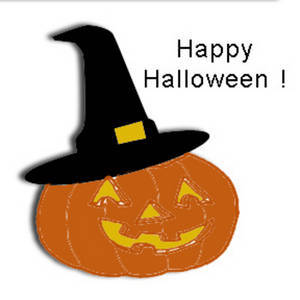
What are other names for Halloween?
Halloween is short for All Hallows Eve which means All Saints Eve. It began as Catholic, but then split off from All Saints Eve when the Irish and Scottish changed it into the secular Halloween. All Souls Day, November 2, is also part of it and is the source of Halloween's connection to death. Samhain is another name that is used for the holiday, often by neopagans, and was the Irish holiday that used to be observed on November 1 and merged with All Saints to become a part of Halloween.The Irish Gaelic name for Halloween is Oiche Shamhna and means "eve of Samhain" (Samhain used to be November 1, but it is now the Gaelic name for the month of November).
Halloween has also been called Hallowe'en, All-hallow-tide, Hallowtide, Hallow-mas, Hallowmas, Alhallow ene, Hollantide, and other variations.
Samhain can also be spelled Saman, Samuin, Samhuin, Samhuinn, Samhainn, Sauin, and other variations.
Halloween has also been called Snap Apple Night.
In modern times some pagans call Halloween the Feast of the Dead.
Holidays that are closely related are : Day of the Dead, Hop Tu Naa, Native American Ghost Suppers, shuma sashti
Other names for All Saints Day: Todos Santos, La Toussaint, Araw ng mga Patay, Feast of All Saints
Ancient Roman holidays that might have contributed to certain All Saints/All Souls customs: Lemuria (in May), Parentalia and Feralia (in February)
The night before Halloween has been called mischief night, gate night, cabbage night, goosy night, and devil's night (*not* because of any connection to Satan).
EDIT: I almost forgot, the Welsh term for All Hallows Eve is Nos Calan Gaeaf (older spelling Nos Calan Gauaf) which means 'the night before the first day of the first month of winter'.
Based on my research of old Gaelic/Irish dictionaries, the name for November changed from Naoimhi to Samhain between the early and mid 19th century. In earlier works Samhain is November 1, and in the Medieval stories and historical accounts, dating back to at least the 9th century (the earliest I have read personally is a 9th century Catholic martyrology), it was a a day of importance and marked the transition from summer to winter, but there is no real evidence that it was religious in nature or had anything to do with death. There is one mention of women petitioning a sorceress named Mongfind on All Hallows and a 17th century record from one of the Scottish Isles describing offerings of drink being poured into the sea for a god called Shoney, but those two writings alone don't prove that Samhain was religious in nature. It is impossible that the Christian feasts for the saints were intended to replace Samhain because they existed before the church established a presence in Ireland and learned of Samhain. Funny thing is, Halloween is greater than the sum of its parts in that, while it kept some of its Catholic and pagan roots, it lost a large portion of the traditions of both feast days that make up its origins and became something new and unique. It became a truly Irish/Scottish secular invention, with folkloric customs dominating the celebration.









